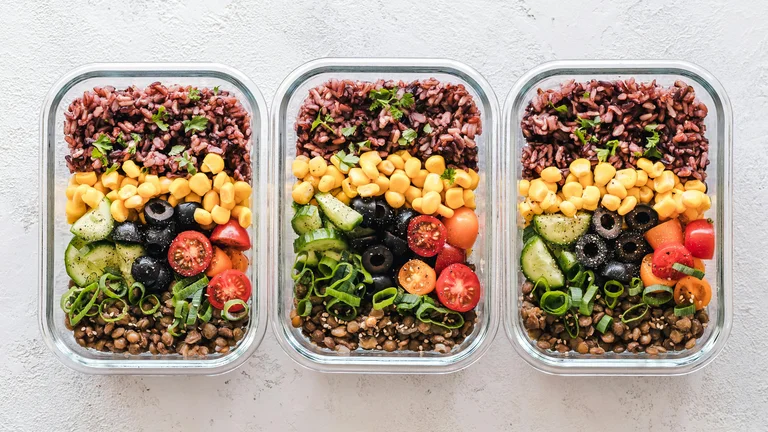Understanding Meal Planning

Meal planning involves organizing meals ahead of time. It helps you control what you eat and saves money. A well-structured plan can lead to healthier choices, reduced stress during the week, and minimized food waste. It is helpful to outline your meals based on your schedule and dietary preferences.
Begin your meal planning by identifying your cooking style and the meals you enjoy. This process makes it easier to stick to your plan. Keep track of your meals in a notebook or app to ensure organization. It assists in building your grocery list based on your planned meals.
Setting a Budget
Establishing a budget is a critical aspect of meal planning. Start by analyzing your current spending on groceries. Knowing where your money goes helps you find areas to reduce costs. Assess your financial goals and how much you want to spend on food monthly.
After determining your budget, allocate specific amounts for different categories like proteins, grains, and vegetables. Use this breakdown to guide your purchasing decisions. Consider seasonal ingredients as they are often less expensive and fresh.
Creating a Shopping List
With your meal plan in hand, the next step is crafting a shopping list. Aim to list only the ingredients you need. Check your pantry for items you already have before shopping. This practice reduces unnecessary purchases.
Organizing your list by grocery store sections—produce, dairy, meat—can make shopping more efficient and save time. Stick to the list while shopping to avoid impulse buys that could lead to overspending.
Preparing Meals Ahead
Meal prep is vital in executing your meal plan effectively. Allocate a few hours each week to prepare meals. Cook large batches of grains, proteins, and vegetables that you can portion for different meals. Store them in your fridge or freezer for later use.
Consider using clear containers to organize your prepared food. Label them by date to keep track of freshness. This way, when you're ready to eat, you can quickly grab a meal without having to cook from scratch.
Saving on Ingredients
There are numerous strategies to save on meal ingredients. First, focus on buying in bulk. This can significantly reduce costs for non-perishable items. Additionally, consider discount stores or local markets that may have lower prices than big grocery chains.
Incorporate more plant-based meals into your diet. Foods like beans and lentils are not only nutritious but also affordable. They can stretch your grocery budget and enhance your meals.
| Aspect | Details |
|---|---|
| Meal Planning | Organizing meals prevents stress and reduces waste. |
| Budget Setting | Understanding your spending allows better allocation of funds. |
| Shopping List | A list ensures accountability and minimizes impulse buys. |
| Meal Preparation | Prepping ahead saves time and makes meals accessible. |
| Ingredient Savings | Buying in bulk and choosing seasonal foods can cut costs. |
FAQ - Meal Planning for Budgeting
What is meal planning?
Meal planning is the process of organizing your meals ahead of time, which helps you save money, reduce stress, and make healthier food choices.
How can I create a budget for meal planning?
To create a budget, analyze your current grocery spending, set a monthly limit, and allocate specific amounts for different food categories.
How can I reduce food waste with meal planning?
By planning meals and using a shopping list, you can purchase only what you need, which helps prevent food waste and saves money.
What are some tips for effective meal prepping?
Cook large batches of food, store them in portioned containers, and use clear labeling for easy access and freshness tracking.
Can meal planning help me eat healthier?
Yes, meal planning encourages you to choose nutritious ingredients in advance, leading to healthier eating habits.
Meal planning for budgeting helps minimize food expenses and waste by organizing meals ahead of time. By setting a budget, creating shopping lists, and meal prepping, individuals can enjoy healthier eating habits while effectively managing their grocery costs.
Conclusão sobre Meal Planning for Budgeting.